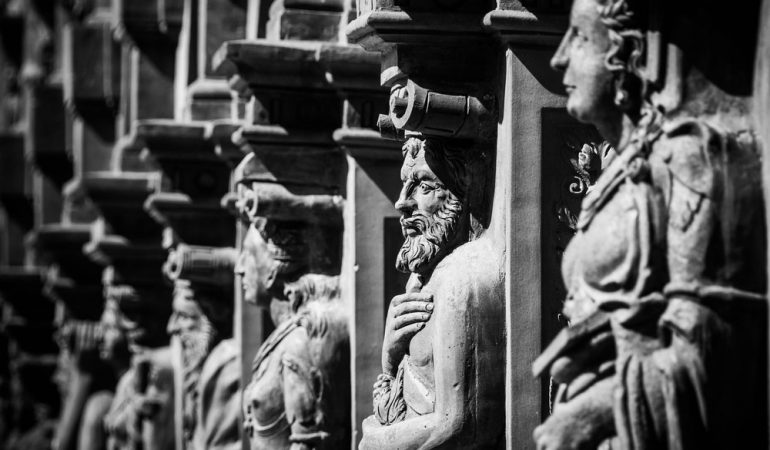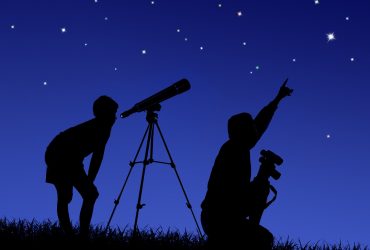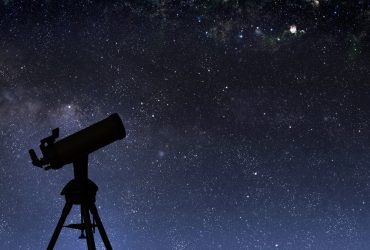The Early Astronomers And Their Discoveries
It’s eay to get caught up in the modern world of stargazing; to follow the trends for more and more sophisticated equipment and forget that there were ever astronomers before the age of the smartphone-powered telescope. However, it is a fascinating chunk of history to delve a little into the world of early astronomers and their discoveries.
Because of our abilities to look beyond our own planet these days, we know that the earth is not flat, and that the other planets and the sun do not revolve around the earth. However, this was not always common knowledge.
There are several well known astronomers who played enormous parts in shaping the view of the earth and the heavens as we know them today:
Ptolemy
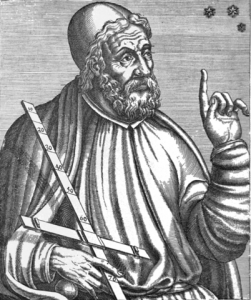 A mathmetician and astronomer, Ptolemy followed a geocentric view of the world around him – that is to say, that he believed the earth to be the centre of the universe.
A mathmetician and astronomer, Ptolemy followed a geocentric view of the world around him – that is to say, that he believed the earth to be the centre of the universe.
He used his mathematical knowledge, and what he observed of the stars’ movements, to create the Almagest, a work designed to document what he considered to be the be all and end all of the movements of the heavens.
Using maths and geometry, he decided that the planets themsleves moved in smaller circles called epicycles, and that the earth itself moved along an equant.
Despite the fact that this information was inaccurate, it was accepted as truth for a long time to come.
Aristotle
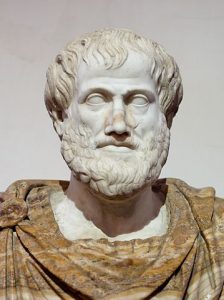 Another one who followed the geocentric ideas, Aristotle studied under Plato and later set up his own school to teach his ideas to more students.
Another one who followed the geocentric ideas, Aristotle studied under Plato and later set up his own school to teach his ideas to more students.
He believed that the stars and planets were perfectly spherical, though the earth was not, and that since the motions of the stars and planets must also be circular, this must mean that their movements could go on forever.
As we now know, this was pretty inaccurate, but because Aristotle was so widely respected, his ideas continued to be held up as gospel for many years.
As well as his interest in astronomy, Aristotle had a keen interest in the scientific observation of plants, animals and humans, and he also got involved in experimenting wherever he could. This has left a lasting legacy on how we have continued our scientific discoveries to this day.
Copernicus
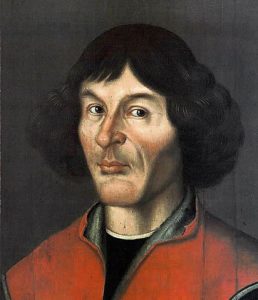 Nicolaus Copernicus, over one thousand years later, bucked the trend for the geocentric ideals, by bringing out a radical heliocentric idea – this is the fact that we now know today, that the sun is the centre of our solar system.
Nicolaus Copernicus, over one thousand years later, bucked the trend for the geocentric ideals, by bringing out a radical heliocentric idea – this is the fact that we now know today, that the sun is the centre of our solar system.
He was not the first to have had this idea, but he was the first to bring it to the masses and popular culture.
He also came up with the revolutionary – at the time – idea that the earth rotates on its own axis, something that was just too far fetched for a lot of his contemporaries to grasp.
Many people followed his teachings, but they mainly did so in secret due to the radical nature of his work. These secret followers were known as Copernicans.
Galileo
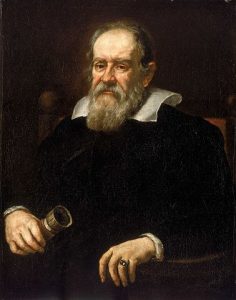 Galileo was a brilliant scholar, who came up with his own ideas about how the world worked and how it interacted with the other celestial bodies.
Galileo was a brilliant scholar, who came up with his own ideas about how the world worked and how it interacted with the other celestial bodies.
He developed a telescope that could magify up to 20 times, a device which he used to prove his findings that Copernicus’ ideas were actually correct.
Because his findings were so anti-establishment at the time, and went against the teachings of the Church which were accepted as absolute truth, he was placed under house arrest for the rest of his life.
Presumably so that he could do no more damage to the widely-accepted views of the world. Clearly this didn’t work, as his findings rocked the boat and have helped to lead us to where we are today.
Hans Lippershey
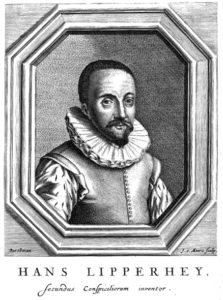 Contrary to popular belief, it was not Galileo who invented the telescope.
Contrary to popular belief, it was not Galileo who invented the telescope.
This credit should go to German-Dutch lensmaker Lippershey, who invented the “Dutch perspective glass” for seeing objects far away as if they were close by.
Galileo did use his invention a couple of years after Lippershey came up with it, and improved on it so that he could use it to view heavenly bodies.
So the next time you are staring into space through the viewfinder of your super duper, all singing all dancing computerised telescope, spare a thought for these early astronomers and their discoveries, all of whom have helped you to where you are today!
